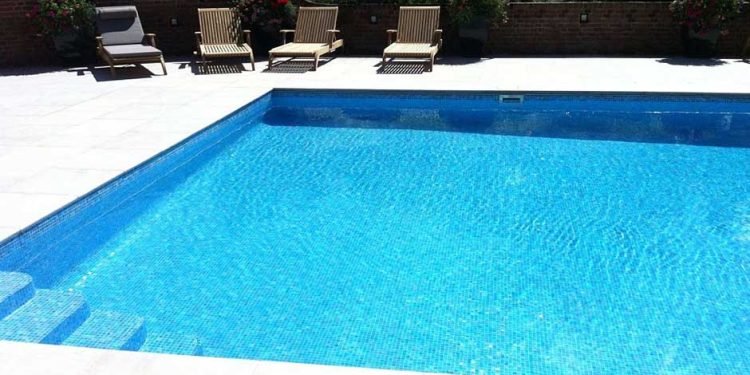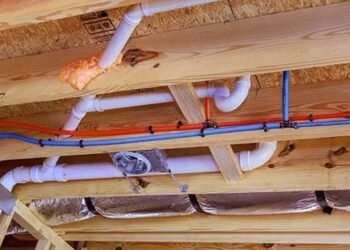A swimming pool is a great fixture for residential properties. It serves primarily as a recreational area but has several added benefits. The sight of a swimming pool surrounded by the greenery of a backyard has a unique aesthetic appeal. A pool also increases property value and makes your house attractive in the market. Unfortunately, the cost of installation deters many potential owners. Nonetheless, a deeper understanding of swimming pool costing may change your mind. So how much does a pool cost? It depends.
Type of Pool
The type of pool you choose has a significant impact on its cost. There are broadly two types of pools; in-ground and above-ground pools. In-ground pools are the more expensive option. They have complex installation procedures that involve site preparation, plumbing, and expert installation. The pools also need special licensing and permits. In general, the cost of an in-ground swimming pool can range from $20,000 to $100,000 or more, with the average cost falling in the range of $35,000 to $65,000.
The installation of above-ground pools is quite straightforward. The cost of the pool is typically lower, with prices ranging from a few hundred to several thousand dollars. Some designs are so simple that they come with a DIY kit. This eliminates the need for expert installation services.
Materials
The materials used to construct a pool have cost implications. For example, concrete and gunite pools are quite expensive. They have complex installation procedures and often need expensive reinforcement. Fibreglass pools are also expensive. They come as a prefabricated unit that’s delivered on-site for assembly. Vinyl swimming pools are the most inexpensive in-ground option. They are versatile and easy to install. Nonetheless, no cost beats the price tag of above-ground pools. They are the cheapest option in the swimming pool catalog.
Size of Pool
Size matters when it comes to swimming pool costing. Larger pools require more materials and incur higher labor costs. They also take longer to install. On the other hand, small pools allow owners to save on materials and time. They also require less labor and little expertise.
Features
Additional features you choose for your pool can run up the cost. For example, waterfalls, fountains, and slides require a huge investment. Furthermore, designing a pool deck requires extra investment in lighting and flooring. A heated pool option will also set you back a few coins.
Location
Where you choose to build your pool affects the overall cost. Factors such as the cost of labor in the area, and local building codes and permits can all drive up the price of your installation. Furthermore, unique installation locations like rooftops, slopes, balconies, and indoor spaces have higher costs.
The soil and terrain of your property can affect the cost of building a pool. If the soil is rocky or unstable, it may require more excavation and site preparation. Furthermore, if your property is difficult to access it may increase the installation costs.
Ongoing Maintenance
The ongoing maintenance and upkeep of swimming pools can also drive up costs. Concrete pools have high maintenance requirements. They require regular, thorough cleaning procedures with special solutions and techniques. On the other hand, fiberglass pools have a straightforward approach to cleaning. Above-ground pools also have the least maintenance requirements.
Repairs are common in concrete pools, but they are cheap to complete. Alternately, fiberglass pools rarely need repairs, but any form of damage can be pretty costly.
It’s essential to work with a qualified swimming pool contractor to get an accurate estimate of the cost of your pool, as many variables can impact the final price.












